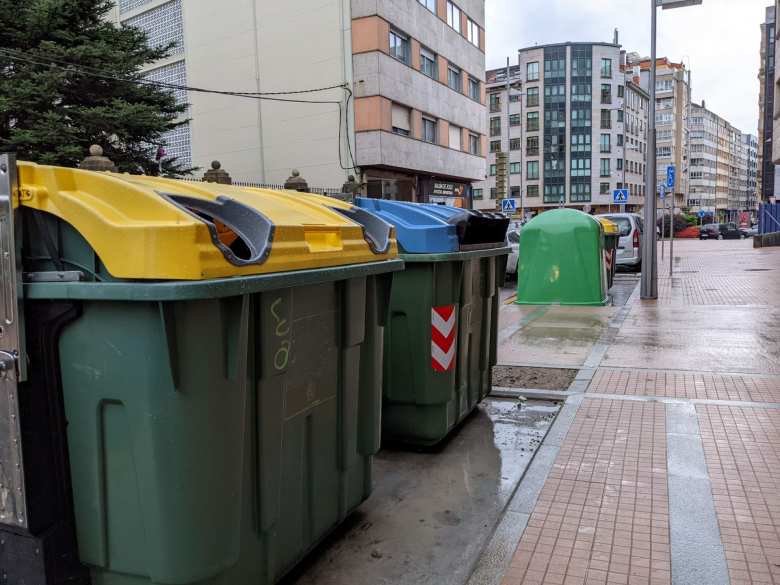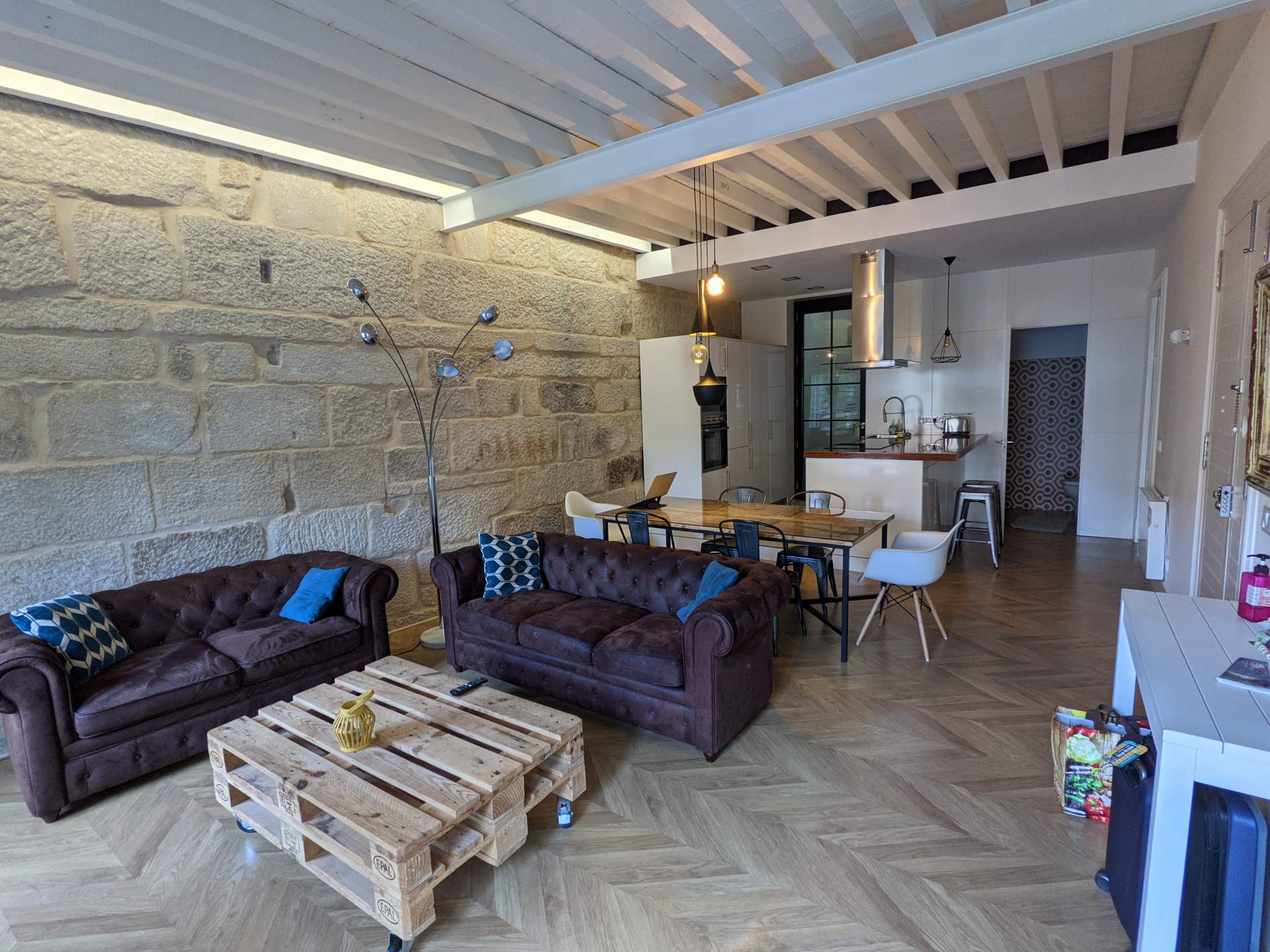Differences Between Homes in the U.S. and Spain
Not long after returning to the town of Pontevedra in Galicia, Spain, a friend in the States asked me how Spanish homes are similar/different from those in the U.S. After replying, I thought “this would make a good post.”
In general, these are the differences between homes in Spain and the U.S.:
- In the US, 17% of people live in an apartment or condo. In Spain, 65% of people do. [Source] I’m guessing it’s a similar percentage in the rest of Europe as well.
- Homes in Europe are also generally smaller.
- Because of (1) and (2), it is easier to walk to places you need to go to. Pontevedra (where we are living) in particular is an international model for pedestrianism and urban planning according to Wikipedia.
- Door locks are different. Most are double-barrel types that require rotating the keys 360 degrees two times. Each rotation makes a deadbolt extend father. I remember being confused by them in England 20 years ago.
- Electrical switches and outlets are different. Wall plates in Europe are square instead of rectangular. Some hotels have outlets that can accommodate an American plug without an adapter, but even in our new house, the outlets are for European plugs only and I must use an adapter.
- In Europe, electricity is 220-240 volts whereas the US uses 110-120V for all outlets except for the dryer and stove. The downside of 240V is if you were to be electrically shocked by exposed electrical contacts, it could be more lethal than 120V. But 240V is increasingly necessary because of electric cars; in the U.S., electric car owners often must retrofit their house with a fast charger that connects to their 240V dryer outlet.
- Most apartments I’ve stayed in Spain have heavy duty window blinds on the exterior of the windows that can be rolled up or down from inside. In the U.S., most homes have window screens to keep out mosquitos and interior blinds and curtains.
- Almost no one in Spain has a dryer. Everyone hang-dries their clothes. Nowadays, in many cities including Pontevedra, hanging clothes outside of windows that can be seen by the public is prohibited due to being an eyesore. Therefore, people hang clothes indoors. We use an IKEA clothes drying rack and after using it, it makes a lot of sense: it saves a lot of energy, clothes last longer, and it doesn’t take much time to put clothes on it.
- Many hotels in Spain have bidets but I have yet to encounter an apartment with one. I wonder if they are going out of fashion. I wish I had one in Colorado during the early days of the pandemic when there was no toilet paper!
- I don’t think anyone in Spain has a garbage disposal as well. Otherwise, all other appliances are thoroughly modern.
- Trash service is government-run. Every few blocks have a green bin for recycling glass, blue for recycling paper and cardboard, yellow for recycling metal and plastic, and a bin for trash. When I walk to a grocery store with my reusable shopping bags, I bring the recyclables simultaneously and dispose of them on the way.

Otherwise, I think apartments in the US and Spain are similar. Ours even has a gym and indoor pool like many of the high-end ones in the States. We are also lucky to have two parking spots in an underground garage below our apartment building.
Uber Eats also can deliver food from many restaurants and I have used that service on occasion. (In Pontevedra, many of the Uber Eats workers ride bicycles or motorcycles.) Interestingly, however, Uber Trips—the taxi-like service—is not available in Pontevedra. From what I understand, this is not due to regulations but lack of demand.
Note: the picture below is not of our current home. Instead, it’s a photo of a cool apartment in central Pontevedra that I rented for a few days as it was a better value than nearby hotels. I enjoyed staying in it.

There are 4 comments.
Hi
I heard there’s a strong, nasty smell in Pontevedra and I’m curious. Can you verify this? Thank you!
Ha! I haven't noticed any smell of the sort in Pontevedra. Well, plumbing in some European homes can smell like the sewer, maybe because some of them lack P-traps. 🤷♂️ But I have never thought the air in Pontevedra (both the city and the province) smelled anything other than fresh.
Thank you for your prompt reply, Felix!
I’m under the impression there is a cellulose factory that emits a chemical smell that permeates the city. If you find out more about it, please share.
Best,
Conchita
Interesting. After doing a web search, I see that Ence - Energía & Celulosa---a leading European producer of eucalyptus pulp---is has a factory operating southwest of Pontevedra, between the city and Marin.
I've done many long runs on the esplanade by the Pontevedra River that is very close to that factory, and have never thought "it really stinks here." So I would suspect any claims of it emitting strong odors is overblown.